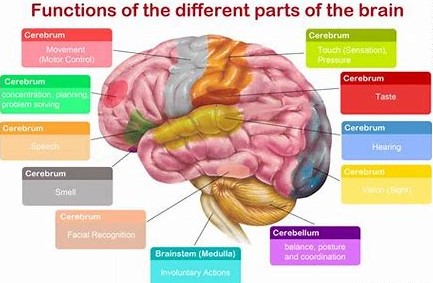The circumstances in the Middle East have been longstanding. Other geographical nation groups have transitioned, in the words of Wikipedia, “The period between 500BCE and 1500CE was marked by economic and territorial expansion, demographic and urban growth, the emergence of national identity, and the restructuring of secular and ecclesiastical institutions.” – except for the Middle East.

Early on, the Middle East was a playground for large dynastic wars and an area one had to pass through to get from eastern dynasties to western dynasties. Sometime around 2500BCE to 2000BCE, the region suffered from a permanent weather shift that moved agricultural weather down to Africa, hence the Sahara Desert and the Middle Eastern region slowly lost economic stability. The consequence was that while other nations had enough wealth to experiment with changes in national ethos, the Middle East was scrambling to survive; archaic secular and ecclesiastical institutions did not change.
Since the era of the Roman Empire, the western nations, Russia and China have dominated the Middle East as a resource rather than a culture. Colonialism in the region wasn’t dismembered until World War I and II. Again, there was little opportunity for the region to develop independent national identities.
Then the importance of oil blocked cultural development. If you were a nation with oil, who needed to change with all that money floating around?
The result today is an outdated religious reality that ignores the impact of centuries of modification elsewhere in the world, a presence of continuous ‘archaic secular and ecclesiastical’ conflict that limits unification, e.g., European Union, and has become a serious conflict between the Middle East (Islamic) and western (Christian) nations.
The impending war should have occurred centuries ago but now the region has capabilities money can buy like modern weaponry, technology and political influence without a modern sense of national ethos, rather, remaining 17th century theocracies.
Ancient Mariner




